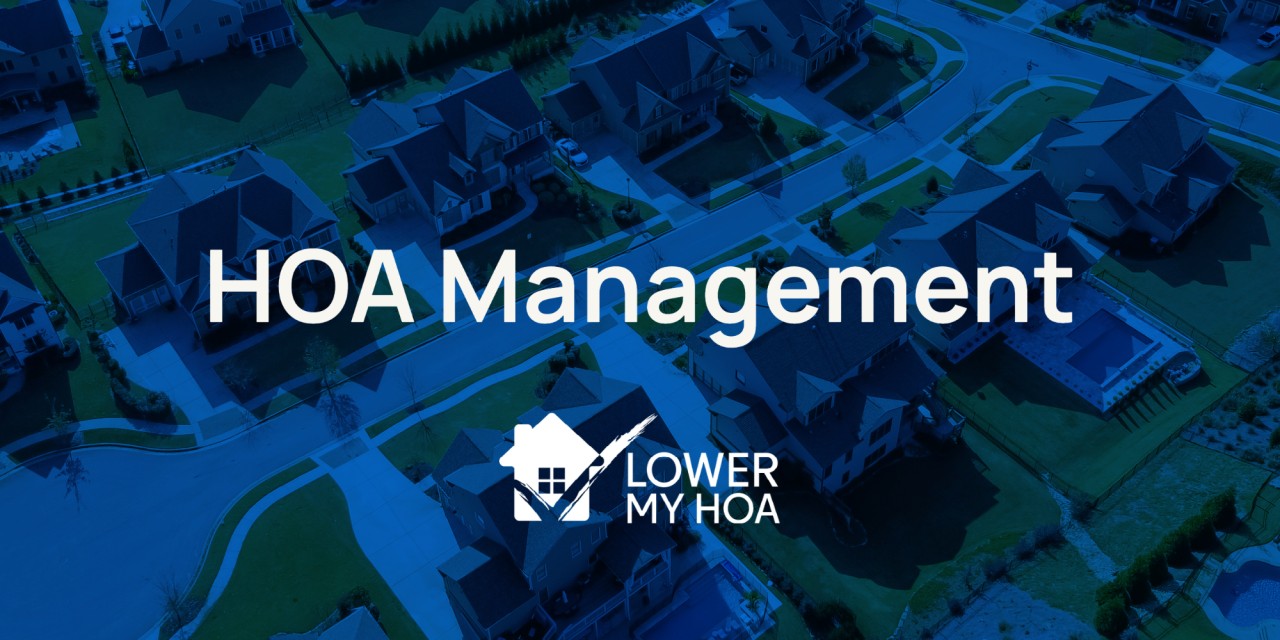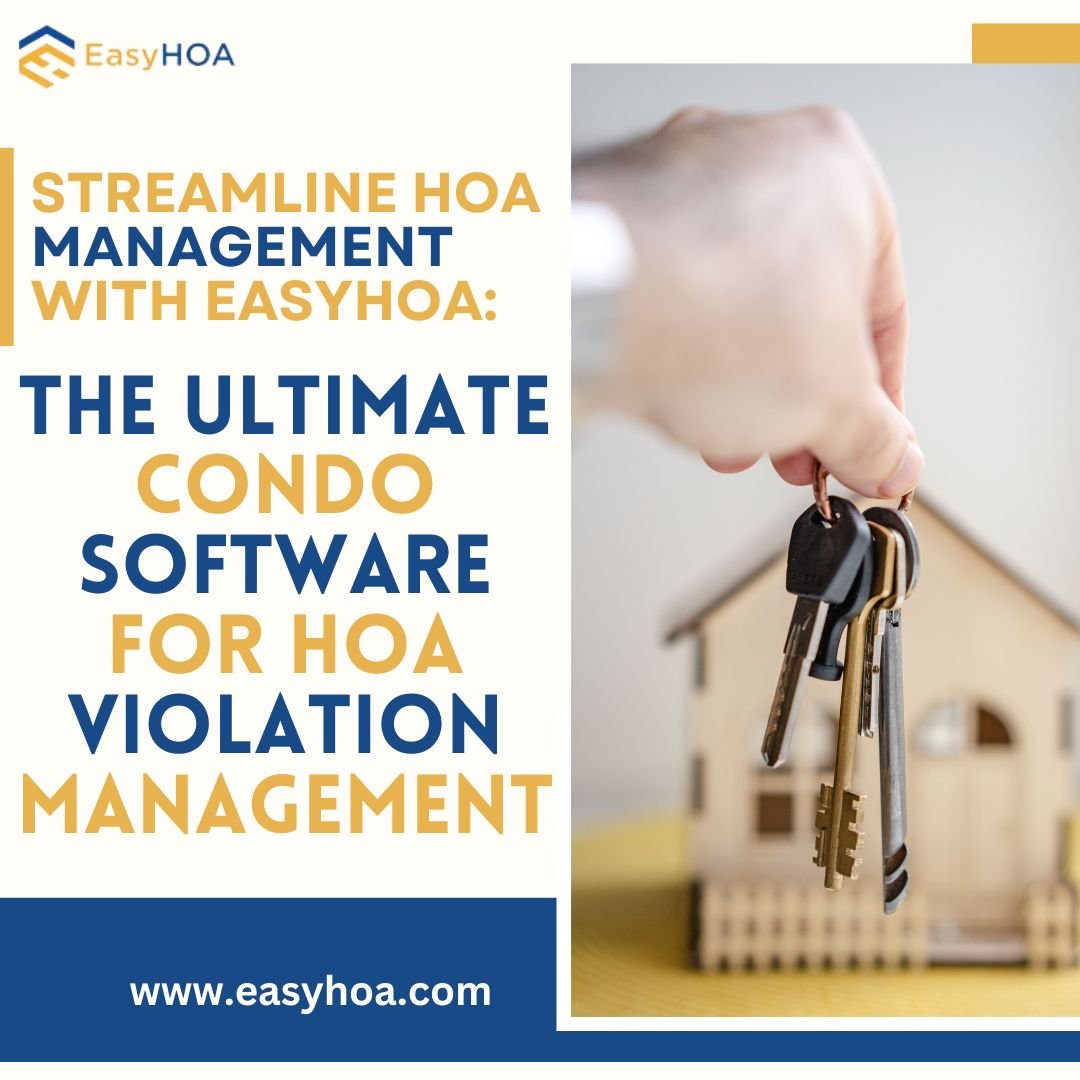From Financials to Upkeep: Mastering the Art of HOA Administration for Community Associations
Taking care of an area organization needs a delicate equilibrium between economic obligations, reliable communication, and reliable upkeep procedures. From managing spending plans and financial statements to working with upkeep tasks and implementing guidelines and policies, HOA administration can be a complicated art that demands a varied set of abilities. In this discussion, we will certainly check out the various facets of HOA management, from the intricacies of monetary monitoring to the importance of maintaining a well-functioning area. By diving right into these crucial areas, we intend to offer important insights and techniques for grasping the art of HOA management, leaving you outfitted with the expertise and devices required to browse the obstacles that might emerge within your community organization.
Understanding Financial Duties
What are the vital economic responsibilities that community associations need to recognize and manage efficiently? Area organizations play a vital role in handling the finances of their communities. hoa management san antonio. To guarantee the monetary well-being of the association, several crucial responsibilities need to be understood and handled effectively
Firstly, neighborhood organizations have to develop and maintain a detailed budget plan. This includes accurately approximating expenditures and income sources, such as regular monthly charges, unique assessments, and rental earnings. A well-planned spending plan permits organizations to designate funds for needed costs, such as maintenance and repair services, insurance premiums, and reserve funds for future resources tasks.
An additional crucial monetary obligation is the collection of assessments and charges. Area organizations need to make sure prompt and reliable collection of these costs to cover operational expenses and keep the financial stability of the organization. This includes applying a transparent and clear repayment policy, attending to misbehaviors immediately, and imposing any kind of essential lawsuits.
Furthermore, area associations need to maintain exact financial documents and prepare routine economic declarations. These declarations offer a clear image of the association's financial health and wellness, consisting of revenue, costs, and books. Normal economic reporting permits board participants and property owners to track the organization's monetary efficiency and make notified decisions relating to budgeting and investing.
Lastly, community organizations must adhere to all appropriate financial guidelines and tax demands. This includes declaring tax returns, keeping proper documents, and adhering to any kind of lawful responsibilities associated with monetary management.
Reliable Communication and Partnership
Effective interaction and cooperation are crucial for effective HOA monitoring and promoting a cohesive neighborhood. Neighborhood associations rely upon efficient interaction to distribute crucial details, address problems, and guarantee openness. A clear and regular line of communication between the HOA board, residents, and home administration is critical for a well-functioning neighborhood.
One way to advertise effective communication is through normal newsletters or emails that give updates on area events, projects, and vital statements. This allows homeowners to stay notified and participated in the area. In addition, developing open lines of interaction via area forums or town hall conferences can offer a system for homeowners to articulate their opinions, ask concerns, and add to decision-making processes.
Partnership is just as vital in HOA monitoring. Encouraging collaboration amongst board members, citizens, and boards fosters a feeling of ownership and shared duty. By involving homeowners in the decision-making procedure and proactively seeking their input, the area organization can produce an extra unified and inclusive environment.
To promote effective partnership, HOA monitoring ought to establish clear goals and purposes, delegate responsibilities, and motivate teamwork. Normal conferences, both informal and formal, give a possibility for stakeholders to go over concepts, address concerns, and job towards common goals. By promoting a joint atmosphere, community organizations can harness the diverse skills, understanding, and viewpoints of their locals to drive positive adjustment and boost community living.
Enhancing Upkeep Operations
Streamlining maintenance operations is crucial for affordable and reliable HOA administration. By executing efficient approaches, neighborhood organizations can make certain that maintenance jobs are accomplished smoothly and in a timely way, reducing interruptions and making the most of resident satisfaction.

Additionally, making use of technology can greatly boost maintenance operations. Applying a computerized upkeep administration system (CMMS) enables associations to track job orders, routine precautionary upkeep, and maintain an organized document of upkeep tasks. This not just enhances performance but additionally provides a responsible and transparent system for both homeowners and administration.
Furthermore, outsourcing particular upkeep tasks can also simplify procedures. By employing specialized specialists for tasks such as pool upkeep or landscaping, associations can ensure that these jobs are taken care of by experts with the required know-how, releasing up internal resources to focus on other elements of HOA management.
Focusing On Guidelines and Rules
To make certain organized and efficient community living, prioritizing and enforcing regulations and regulations is necessary for efficient HOA administration. hoa management san antonio. Community associations depend on a collection of guidelines to protect and maintain a harmonious setting home worths. By plainly defining and focusing on policies and laws, HOA administration can guarantee that locals recognize their obligations and assumptions
One of the primary steps in prioritizing regulations and regulations is to identify those that are most essential for the area's health. This might entail performing a comprehensive evaluation of the existing guidelines and regulations and recognizing any gaps or locations that require enhancement. It is crucial to involve community participants in this procedure to ensure their buy-in and to deal with any problems or tips they might these details have.
Once one of the most essential policies and policies have been determined, HOA management need to make sure that they are successfully connected to homeowners. This can be done with various means, such as e-newsletters, e-mails, neighborhood meetings, and uploading notifications alike areas. Clear and consistent communication is vital to make certain that homeowners understand the guidelines and regulations and understand the effects of non-compliance.
Enforcement of guidelines and guidelines is similarly essential in keeping a well-functioning area. HOA management need to develop a reasonable and regular enforcement process, which may include warnings, fines, and various other appropriate steps. hoa management san antonio. It is necessary to strike a balance between imposing the guidelines and guidelines and maintaining favorable relationships with locals
Navigating Legal and Compliance Issues
Navigating legal and conformity issues is important for HOA monitoring to make sure adherence to laws and legislations. Neighborhood organizations must operate within the bounds of the legislation to preserve the trust and confidence of property owners and stakeholders. Failing to abide by lawful requirements can result in legal disputes, fines, and damages to the organization's reputation.
To browse these concerns effectively, HOA management ought to remain updated on federal, state, and neighborhood legislations that govern community organizations. This consists of comprehending regulations associated to fair housing, residential property, employment, and tax administration. Compliance with these regulations entails implementing policies and treatments that protect the rights of home owners and guarantee openness in functional and financial matters.
Along with lawful obligations, HOA management need to additionally abide by the organization's governing records, such as the bylaws, limitations, problems, and covenants (CC&R s) These documents detail the regulations and laws that regulate the community and might include best site arrangements concerning residential or commercial property upkeep, architectural standards, and dispute resolution processes.

Final Thought
In conclusion, mastering the art of HOA management for neighborhood organizations calls for a detailed understanding of monetary obligations, effective communication and cooperation, simplifying maintenance operations, prioritizing policies and regulations, and navigating lawful and conformity problems. By effectively carrying out these strategies, neighborhood associations can make certain the smooth performance and overall health of their areas.
By diving right into these key locations, we intend to supply beneficial insights and methods for understanding the art of HOA administration, leaving you outfitted with the understanding and devices needed to navigate the difficulties that might arise within your neighborhood association.
Area organizations play a crucial function in taking care of the funds of their communities. Community associations have to make certain timely and reliable collection of these costs to cover operational expenditures and keep the financial stability of the organization. By cultivating a collective environment, area organizations can harness the varied abilities, understanding, and perspectives of their citizens to drive favorable change and improve community living.
To navigate Resources these concerns effectively, HOA monitoring ought to stay updated on federal, state, and local legislations that regulate community organizations.